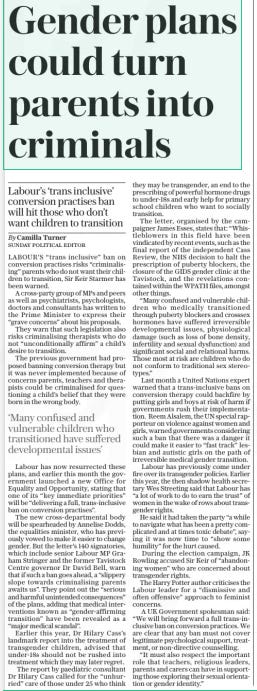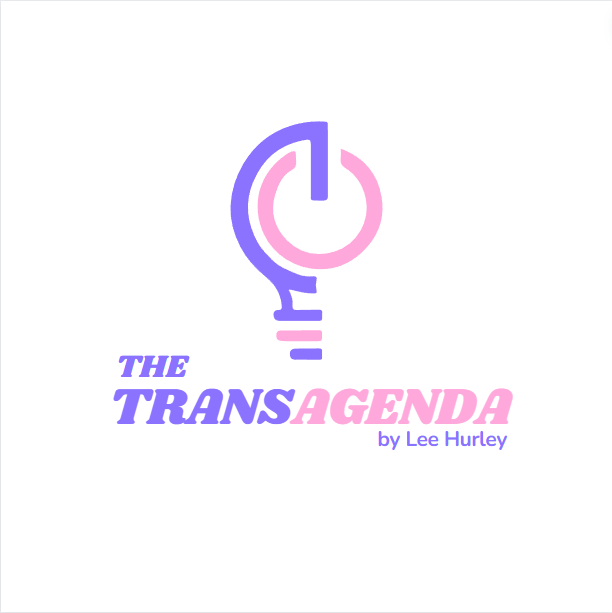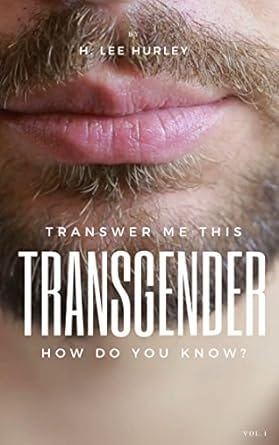[20 October 2024]
Welcome to The Trans Agenda: The papers, a newsletter that will arrive in your inbox every week if you are subscribed.
Welcome to this week’s Trans Agenda, and it’s a biggie as the usual suspects continue their relentless and ridiculous attacks on trans people.
For example, we had Kemi Badenoch praising the political moves that allowed Hilary Cass to do her hatchet job while Wes Streeting praised Cass for taking politics out of children’s medicine.
Using politics to remove politics from something that politicians have politicised non-stop. Aren’t our overlords just so great?
Full paper review below.
NEWS
Chalmers GIC pauses all gender surgery referrals for under 25s, cites Cass review [Trans Safety Network]
- The Chalmers Gender Identity Clinic (GIC) in Scotland has paused surgical referrals for under 25s and for gender surgeries conducted in England, citing the Cass review which “did not review any evidence relating to surgical referrals in adults, or indeed any evidence relating to medical transition in over 18s.” NHS Lothian, which oversees the clinic, confirmed that referrals for over 25s would restart from 17 October 2024, but under 25s face an indefinite delay as the referral process undergoes review.
Despite being aware of the potential negative impact on patients’ mental health, NHS Lothian delayed informing patients about the pause until 13 September, over four months after it began. The lack of transparency and clarity regarding timelines has caused significant concern, with affected patients left without clear guidance or access to adequate support.
The Trans Safety Network has criticised NHS Lothian for its handling of the situation, which leaves many trans patients uncertain about their access to necessary surgeries.
Over 200 trans patients have been refused hormone replacement therapy (HRT) by GPs in England in the last year [WeAreQueerAF and TransActual]
- Jamie Wareham‘s analysis for the WeAreQueerAF newsletter highlights the serious ongoing problems trans patients in the UK face in accessing hormone treatment. Since the Cass Review, many patients, even those who had already waited extensively for care, are now being refused hormone prescriptions, leading to serious mental health consequences.
Wareham notes that trust in GPs and the wider NHS has plummeted, with many trans people delaying essential check-ups, exacerbating their health issues. The widespread refusal to prescribe HRT could force some patients to detransition, with doctors choices being driven by misinformation and personal bigotries, overriding clear guidance from national health bodies.
Wareham also points to resources being shared among activists, including a template letter to challenge GP refusals which you can access via the link above.
100+ LGBTQ+ experts write to Streeting about Cass [TransActual]
- TransActual, along with 100+ LGBTQ+ experts, have written to Wes Streeting to express their lack of confidence in the Cass Review and their concerns over the DHSC‘s implementation of it.
Badenoch’s latest Cass admission
- Having previously admitted stacking as many positions as she could with GC people, Kemi Badenoch has now said she recommended a peerage for Hilary Cass to ‘protect’ her, “Those who told the truth about the damage extreme gender ideology was causing children are some of the bravest I’ve ever met. As Equalities Minister, I did all I could to protect them but I knew my time in the role was running out.
“Getting their voices into parliament would guarantee some protection from those who want to shut them up. Not all my recommendations made it over the line but I am particularly delighted to see Dr. Cass elevated to the House of Lords.
“In the face of intense obstruction and hostility and no doubt at great personal cost, she produced a seminal report that has provided clarity and saved many children from making irreversible decisions that would harm their long-term health. Public service at its best.”
Times and Streeting go full Orwell
- Health Secretary Wes Streeting expressed his gratitude to Hilary Cass, saying her evidence-based review meant that, at last, “we are taking politics out of children’s medicine”.
This was delivered in a Times article [See Paper Review below] praising Cass for changing gender medicine across the globe, which is just not what has happened at all. In fact, Australia recently held their own review and came to the opposite conclusions to Cass. They also found that Cass was ‘out of line with medical consensus and lacks relevance in an Australian context’.
The Times then talk about “Cass having to contend with a wave of “misinformation” which, it can be revealed, largely originated in the United States and has been spread by groups including the British Medical Association (BMA).” Yes, you read that right. The BMA.
Labour launch new Office for Equality and Opportunity, stating that one of its “key immediate priorities” will be “delivering a full, trans-inclusive ban on conversion practises” [Telegraph]
- Naturally, the Telegraph are enraged by this, claiming it will ‘criminalise parents’ who do not affirm a child’s gender. This is, of course, an anti-trans view, aiming to create fear around a policy designed to protect vulnerable young people from harmful practices. See the full article below in the Paper Review.
Labour advising US Democrats to lean in to transphobia to win election
- Despite all research showing that anti-trans rhetoric loses elections and that Labour’s landslide came about because the Tories were so awful rather than anything Labour actually did, the red Tories have sent a large number of people to assist the Democrats ahead of next month’s election in the States. The end result has been Democrat candidates spewing anti-trans nonsense for the first time.
Updated forms include trans identity to respect deceased children’s gender [Mail]
- The Department of Health and Social Care has updated forms for reporting a child’s death to include transgender and nonbinary identities. The new forms allow parents to indicate “which gender the child identified as at the time of death,” recognising trans male, trans female, and non-binary categories alongside traditional options. Helen Joyce, the court-described non-expert on these matters, was not happy, calling for it to be “dropped immediately” while Tory Mims Davies laughably called the inclusion unnecessary and insensitive. In last week’s Trans Agenda, I covered Joyce setting out her plan for the eradication of trans people from public life. Now, we see she wants trans people eradicated even in death, too.
UK’s first transgender judge has delivers unusual farewell judgment [A Lawyer Writes]
- Dr Victoria McCloud, the UK’s first transgender judge, delivered her final ruling as a High Court master before stepping down, citing an increasingly hostile judicial environment for transgender people. McCloud also addressed whether she should have withdrawn from the case due to her identity, ultimately deciding against it, affirming her duty as a judge. McCloud is now an associate at Gatehouse Chambers. Her ruling reflected her broader concerns about bias and public perceptions of transgender individuals in the judiciary.
Trans people protest anti-trans rally in Morpeth
- A rally led by transphobic activist Kellie Jean Keane, known as Posie Parker, was met with peaceful opposition by trans rights supporters in Morpeth, Northumberland yet was reported by the Daily Mail as ‘Trans rally clashes at statue of suffragette’, despite Keane stating clearly she is not a feminist. The two groups were separated by police.
Pope is open to appointing trans-friendly bishops [Times]
- The Pope has reportedly expressed a desire to appoint bishops in the United States who are more welcoming to transgender Catholics, according to campaigners, as reported by The Times (see Wednesday in the Paper Review). He allegedly made this comment during a private meeting with 11 transgender, intersex, or supporting Catholics, arranged by New Ways Ministry. Participants shared personal testimonies, and the Pope expressed that transgender issues would be more on his mind. He said openness to transgender people would be a criterion for appointing new US bishops. The Vatican declined to confirm this. The meeting was held in response to the Vatican’s April doctrinal paper, which criticised gender-affirming care.
Texas sues doctor for prescribing testosterone to transgender minors [New Hampshire Union Leader]
- Texas has filed a lawsuit against Dr. May Lau, a paediatrician, for allegedly violating the state’s ban on providing gender-affirming care to transgender minors. The lawsuit claims Lau prescribed testosterone to at least 21 minors, with most prescriptions issued before the law took effect in September 2023. Texas Attorney General Ken Paxton argued these actions still counted as providing banned care after the law was enforced. The suit also alleges Lau falsified medical records to hide her patients’ transgender status. Texas is seeking damages and a court order to prevent future violations. The law, upheld by the Texas Supreme Court in June, mandates revocation of the medical license for any doctor providing gender-affirming treatment to minors.
State-level anti-transgender laws increase past-year suicide attempts among transgender and non-binary young people in the USA [Nature]
- A recent study examined the impact of anti-transgender laws enacted in the USA from 2018 to 2022 on suicide risk among transgender and non-binary youth. Using a difference-in-differences approach, the researchers found that within the first year of these laws being enacted, there was a statistically significant increase in past-year suicide attempts among transgender young people aged 13–17. The increase expanded to all young transgender and non-binary individuals by the second year, ranging from 7–72%.
New South Wales parliament passes bill to strengthen LGBTQ+ rights [Guardian]
- The Equality bill will allow transgender people to have their sex changed on their birth certificates without surgery.
MEDIA
Oliver Brown’s trans obsession continues [Telegraph]
- After spending the summer attacking Imane Khelif, then turning his attention to footballing minnows, Sutton United because they have a trans manager, the Telegraph’s Oliver Brown has found himself another woman he can attack under the cover of ‘just protecting women’. Almost seems as if he likes attacking women. See the Paper Review below for more.
HRT for everybody who wants it says the Mail!
- This obviously only applies to cis people.
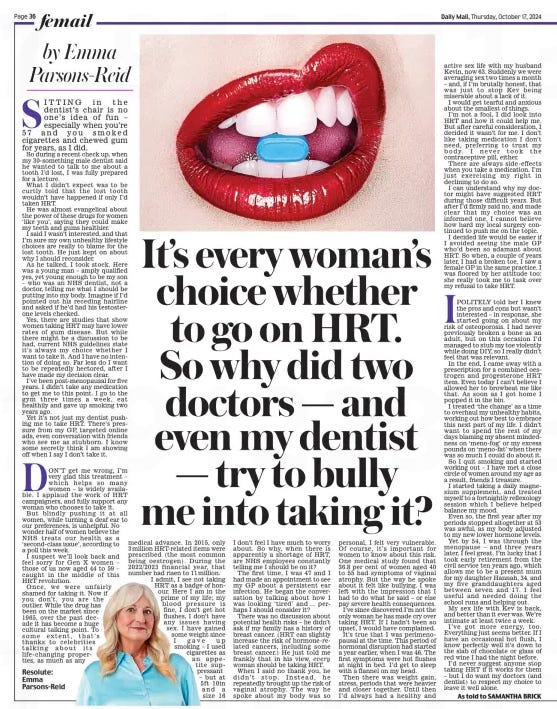
Allison Rudd becomes more vocal with her anti-trans views
- I’ve made my living writing about football for over 15 years. That’s Allison Rudd’s main beat, too, although in 2024, she has become a rarity in the sport – a mainstream female football journalist out as anti-trans. This is her second column on the ‘issue’ since the summer, with Valentina Petrillo her first target. You can read her latest offering in the Paper Review below (Sunday) as she turns her attentions to trans women in cricket.
When former footballer, Eni Aluko, said that football stadiums are “not a safe space physically” for women, Rudd was quick to leap into action. She, of course, did not defend Aluko’s position, rather, she took the opposite view.
Like all GCs, she believes her experience to be universal, so if it hasn’t happened to her, it isn’t an issue that needs dealt with.
But yes, Rudd is concerned with the safety of women in sport. Just not all women.
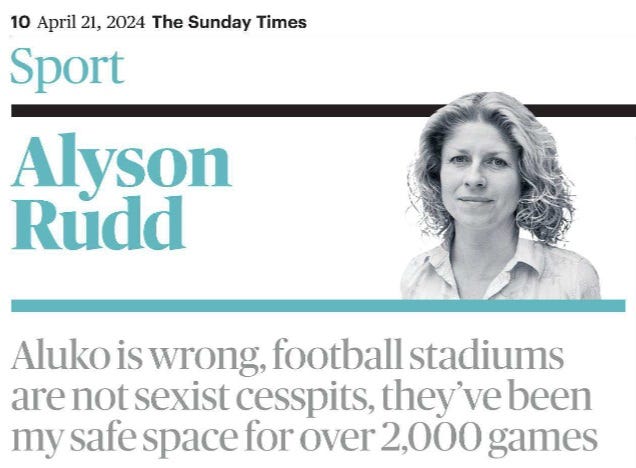
Counting hate
- 1,777 words v 343 words – How the Telegraph covered trans women in cricket versus an actual rapist in swimming in Friday’s edition, which you can see in the Paper Review below.
Discontent deepens among Guardian staff over Palestine ‘double standard’ [Novara Media]
- Guardian staff are increasingly unhappy with what they perceive as double standards regarding Palestine. The discontent is partly driven by the decision to publish an extremely ‘controversial’ piece by Howard Jacobson, while censoring a leading Palestinian author’s work. Employees argue that fear of antisemitism allegations influences editorial choices, undermining balanced discussion. This tension has highlighted a broader issue within the Guardian on how it handles debates about Israel and Palestine, with many staff members calling for fairer representation of Palestinian voices.
WHAT’S ON IN PARLIAMENT
Select business. Full House business can be viewed here.
Monday 21 October
- House of Commons, 2.30pm, Oral Questions Home Office, including: If she will make an assessment of the potential merits of removing Georgia from her Department’s list of safe countries for removals, in the context of the recent passage of legislation on LGBT rights in that country. More here
Wednesday 23 October
- House of Commons, 12pm: Prime Minister’s Question Time
Thursday 24 October
- House of Commons, after Oral Questions at 9.30pm, General debate Black History Month. More here.
THIS WEEK
- The 3-day inquest into the murder of Brianna Ghey begins on Wednesday. It will look into “matters around safeguarding” and “how it is Brianna was brought into contact with Scarlett Jenkinson and Eddie Ratcliffe“.
The coroner also said she will also examine whether Brianna was appropriately supported by relevant agencies involved with supporting people with issues of gender, eating disorders and mental health. Agencies named at the hearing include the Gender GP counselling service and the Gender Identity Development Service. The BBC has some more here from when the inquest was announced.
ANY OTHER BUSINESS
Kemi Badenoch believes she cannot be painted as ‘prejudiced’
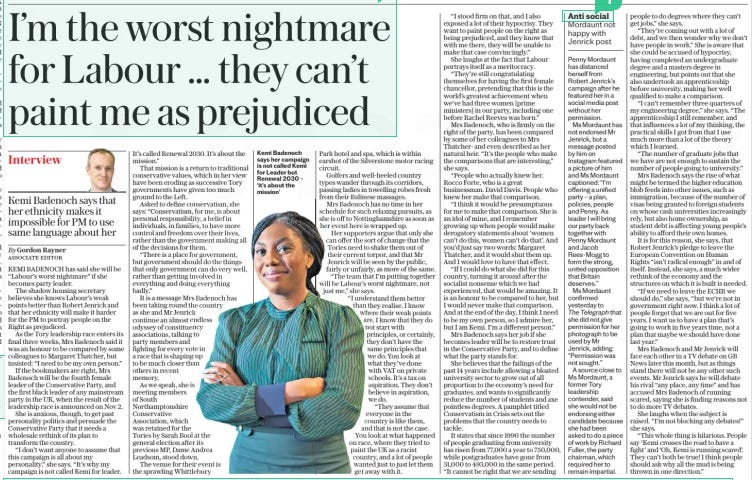
Italy bans couples from travelling abroad for surrogacy [BBC]
- Italy has banned couples from travelling abroad for surrogacy, extending the existing domestic ban. Those breaking the law could face up to two years in prison and fines up to €1m. Critics say the law, part of Prime Minister Giorgia Meloni‘s socially conservative agenda, targets LGBT couples who already face adoption and IVF restrictions. Meloni has described surrogacy as morally unacceptable and against traditional family values. The law passed Italy’s senate by 84 votes to 58 and is criticised, amongst other things, for making it harder for people to become parents despite a declining birth rate.
European Union is considering imposing sanctions on Tucker Carlson [Newsweek]
- Tucker Carlson may face potential sanctions from the European Union for his interview with Russian President Vladimir Putin, which critics see as providing a platform for Russian propaganda. EU lawmakers, such as Guy Verhofstadt, have called for Carlson to be investigated by the EU’s External Action Service, citing concerns that he is acting as a “mouthpiece” for Putin. While no formal discussion of sanctions is currently underway, some European politicians argue Carlson’s actions could warrant a travel ban. Carlson insists his aim is to inform Americans about the motivations behind Russia’s actions.
THE PAPERS
In terms of numbers, this week saw the most articles about trans people since the start of September but, at 17, it is still some way from the 48+ we were seeing in July. Still, it’s not fun, and there was only one day this week without any articles at all (Tuesday).
The Guardian broke their 27-day no article streak on Friday when they published a piece on England cricket’s governing body, the ECB, banning trans women from the top two tiers of the sport.
Long after the event, we finally got a report on Trans Kids Deserve Better releasing thousands of crickets at the LGB Alliance conference earlier this month. It was buried in the Times legal section.
Beyond that, we have them going after another black athlete because they do not deem her feminine enough, Kemi Badenoch calling for JK Rowling to get a peerage, and some more flat-out lying about the Cass Review and the impact of a trans-inclusive conversion therapy ban.
In a break from tradition, the Telegraph did not have the most articles this week. The Times had seven to their six. The Telegraph even managed three whole days at the start of the week with none. Given those followed a few days at the end of last week without any anti-trans content, I can only assume the editor in charge of commissioning it was off for five days.
The Daily Mail had three.
Someone from Sex Matters was quoted in four different pieces, JK Rowling got a nod in two, while For Women Scotland, the LGB Alliance and Sharron Davies got their nonsense printed in one each.
No trans people appear to have been quoted.
THE PAPERS Monday 13th October – Sunday 20th October
Monday Total: 1
The Guardian [0]
The Times [0]
Daily Mail [1]

Telegraph [0]
Tuesday Total: 0
Wednesday Total: 2
The Guardian [0]
The Times [1]
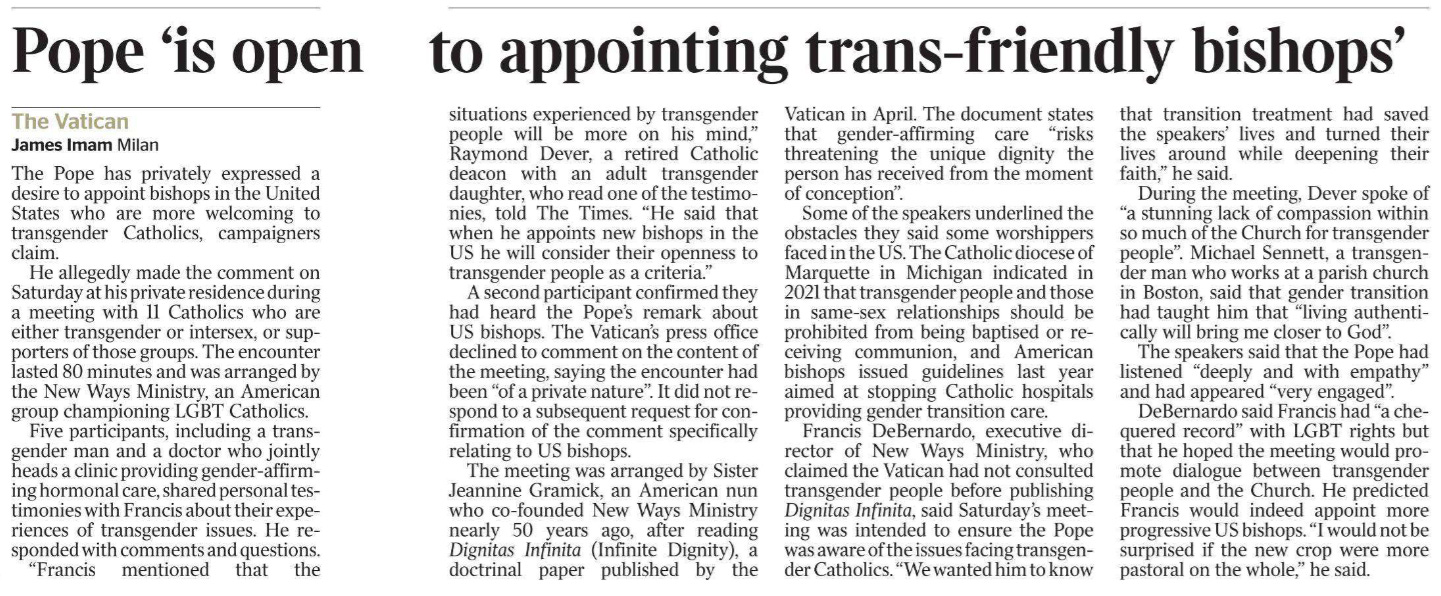
Daily Mail [1]

Telegraph [0]
Thursday Total: 4
The Guardian [0]
The Times [2]
![Badenoch calls for Rowling peerage Aubrey Allegretti - Chief Political Correspondent JK Rowling should be given a peerage, Kemi Badenoch has said as she hit out at “oddballs and bad people” who campaigned against sex-based rights. Badenoch praised the Harry Potter author, who shares her belief that protection for women should be based on sex, not self-identified gender. Asked whether she would give Rowling a seat in the House of Lords, Badenoch told Talk TV: “I would. I don’t know whether she would take it but I certainly would give her a peerage.” The Tory leadership candidate also praised Baroness Cass, saying she “managed to get” the paediatrician a peerage following her review of children’s gender services. Badenoch, the shadow communities secretary and a former equalities minister, said Cass was “a strong voice in parliament” for “women who have fought for so much [and] need protection”. She added that sex-based rights activists had been “attacked relentlessly by all sorts of oddballs and bad people”. Despite facing criticism from some fellow Tories during the leadership campaign, Badenoch said she did not take a “combative” approach with fellow party members. “I’m a mum with three kids,” she said. “I’m not getting involved in the people who are playing silly politics. They got us into this mess. “They started the psychodrama that the party members are sick of seeing all this petty squabbling. It has to end. I am a clean slate. I am the bold choice. I am not more of the same.” Badenoch and Robert Jenrick are fighting for Tory members’ votes to replace Rishi Sunak. Ballots are being issued to party members this week with voting to close on October 31 and the winner announced on November 2. Badenoch later claimed in a virtual rally that she was running a “grassroots campaign” rather than a “media campaign”, which will be seen as a swipe at her opponent. Jenrick sought to strengthen his policy platform by suggesting a 2p cut in the basic rate of income tax. He accused officials of “medicalising normal human stress” by signing people off work unnecessarily. Badenoch calls for Rowling peerage Aubrey Allegretti - Chief Political Correspondent JK Rowling should be given a peerage, Kemi Badenoch has said as she hit out at “oddballs and bad people” who campaigned against sex-based rights. Badenoch praised the Harry Potter author, who shares her belief that protection for women should be based on sex, not self-identified gender. Asked whether she would give Rowling a seat in the House of Lords, Badenoch told Talk TV: “I would. I don’t know whether she would take it but I certainly would give her a peerage.” The Tory leadership candidate also praised Baroness Cass, saying she “managed to get” the paediatrician a peerage following her review of children’s gender services. Badenoch, the shadow communities secretary and a former equalities minister, said Cass was “a strong voice in parliament” for “women who have fought for so much [and] need protection”. She added that sex-based rights activists had been “attacked relentlessly by all sorts of oddballs and bad people”. Despite facing criticism from some fellow Tories during the leadership campaign, Badenoch said she did not take a “combative” approach with fellow party members. “I’m a mum with three kids,” she said. “I’m not getting involved in the people who are playing silly politics. They got us into this mess. “They started the psychodrama that the party members are sick of seeing all this petty squabbling. It has to end. I am a clean slate. I am the bold choice. I am not more of the same.” Badenoch and Robert Jenrick are fighting for Tory members’ votes to replace Rishi Sunak. Ballots are being issued to party members this week with voting to close on October 31 and the winner announced on November 2. Badenoch later claimed in a virtual rally that she was running a “grassroots campaign” rather than a “media campaign”, which will be seen as a swipe at her opponent. Jenrick sought to strengthen his policy platform by suggesting a 2p cut in the basic rate of income tax. He accused officials of “medicalising normal human stress” by signing people off work unnecessarily.](https://substackcdn.com/image/fetch/w_1456,c_limit,f_auto,q_auto:good,fl_progressive:steep/https%3A%2F%2Fsubstack-post-media.s3.amazonaws.com%2Fpublic%2Fimages%2F9d468ff4-3fc1-4e3b-8dd7-ff53f1fe8fa2_991x500.png)
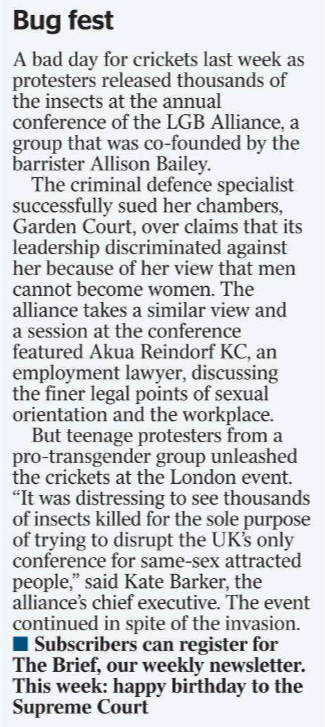
Daily Mail [1]
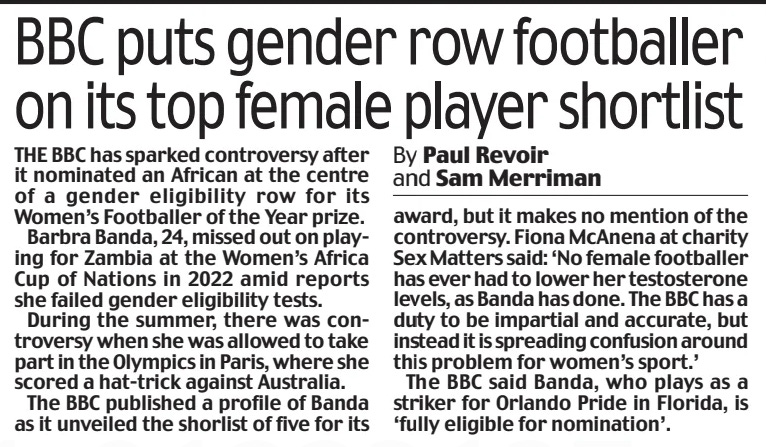
Telegraph [1]
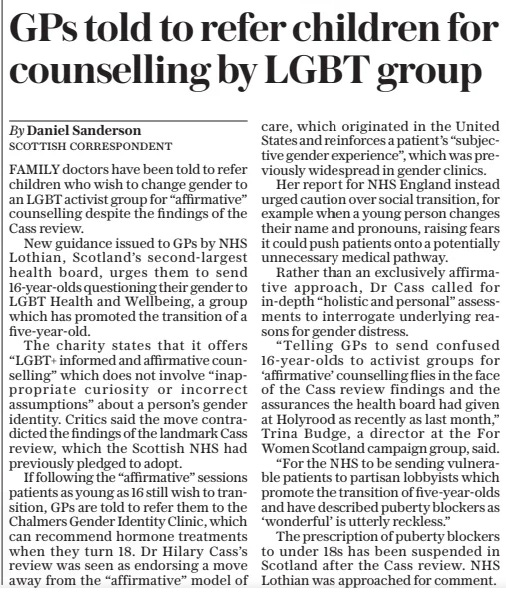
Friday Total: 4
The Guardian [1]
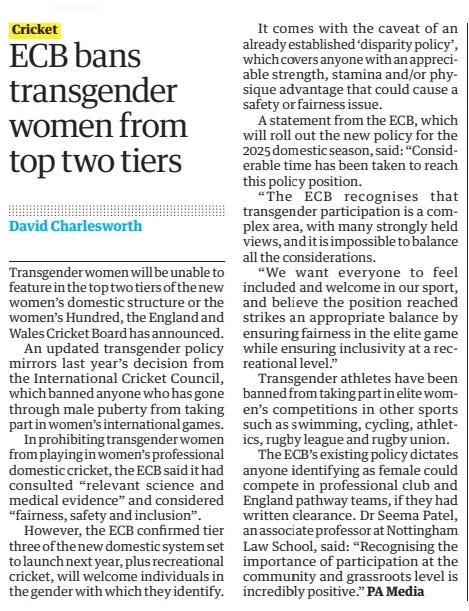
The Times [1]

Daily Mail [0]
Telegraph [2]
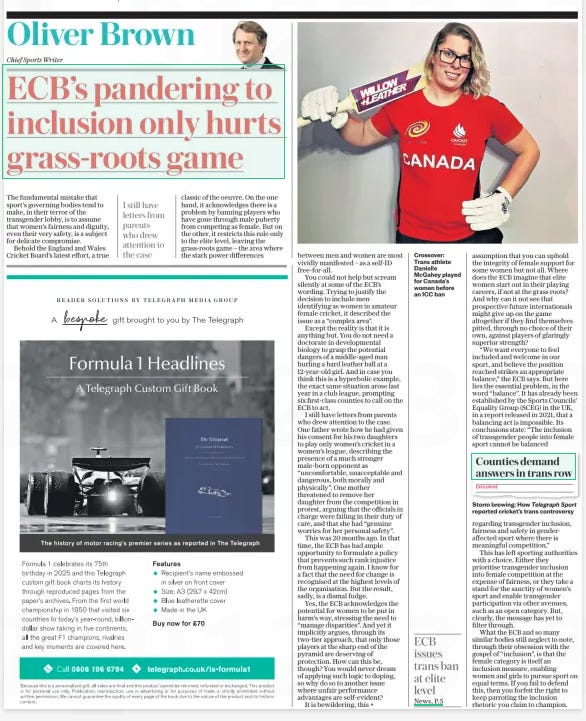
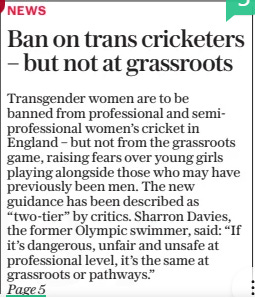
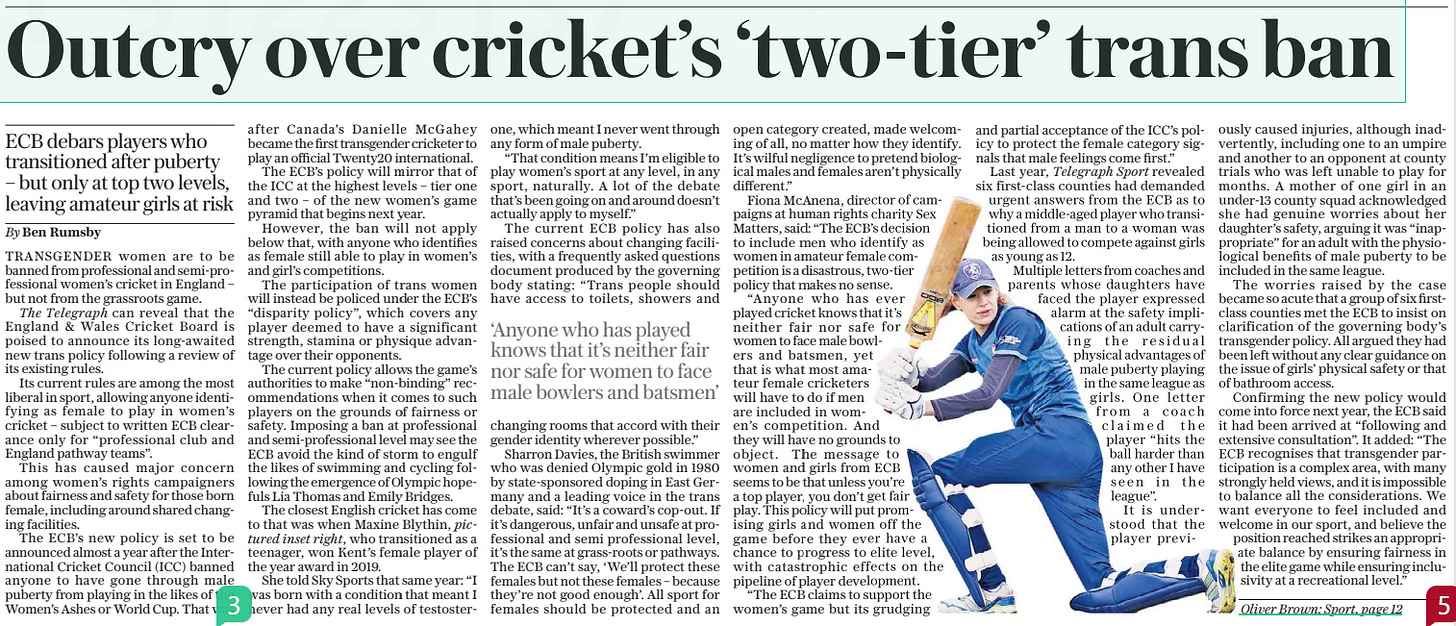
Saturday Total: 4
The Guardian [0]
The Times [2]
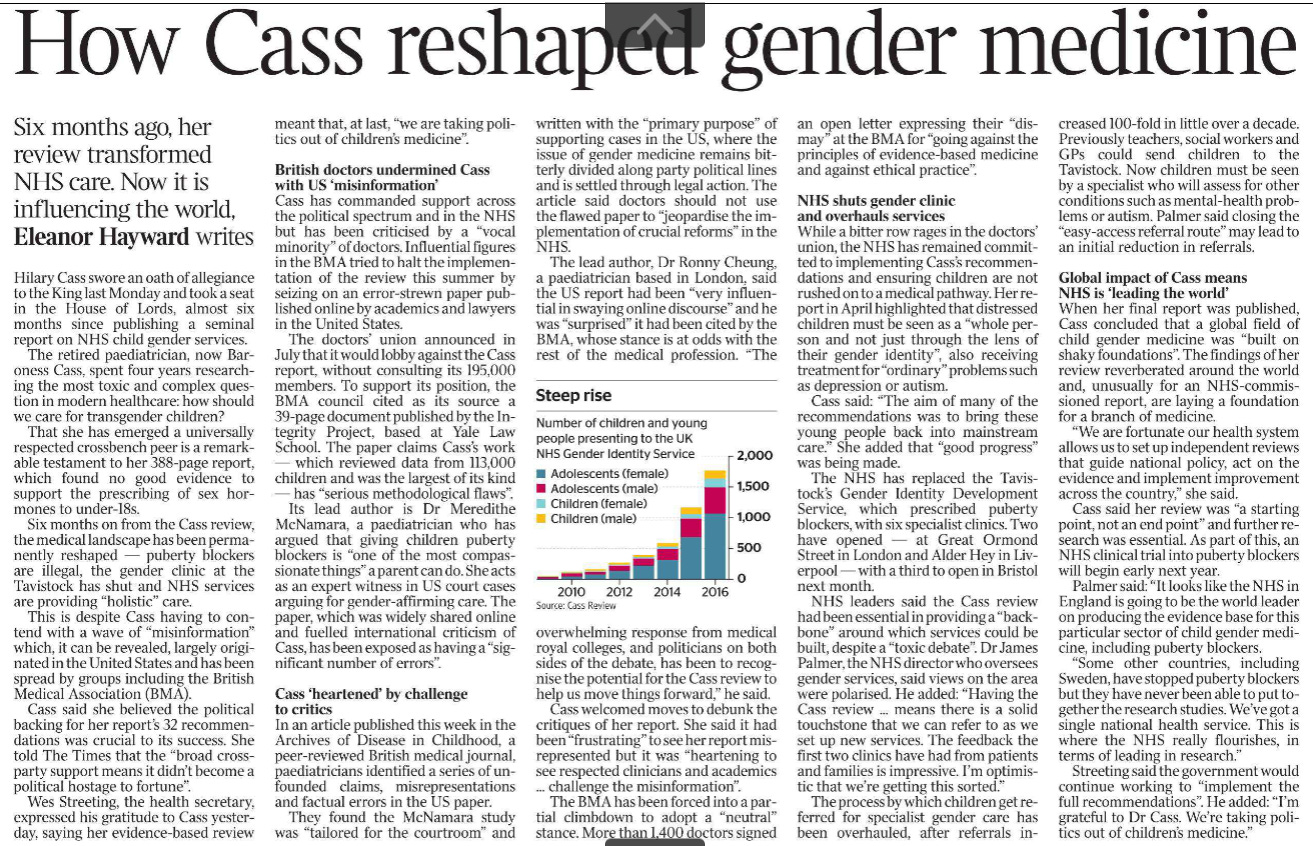
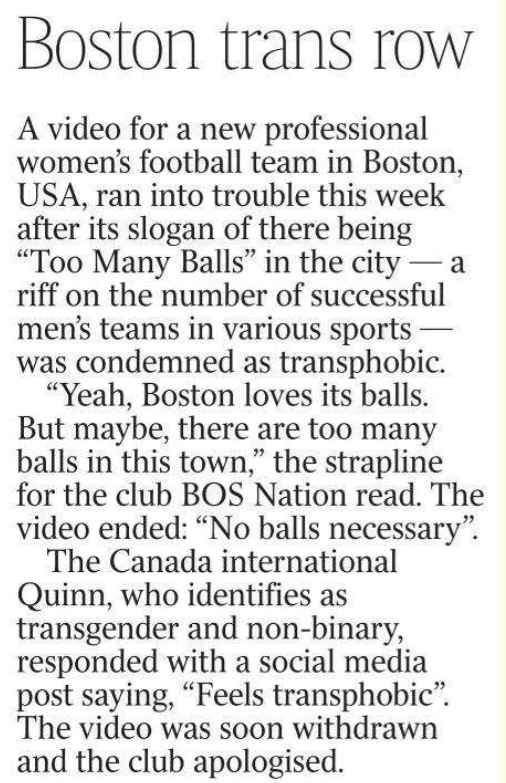
Daily Mail [0]
Telegraph [2]


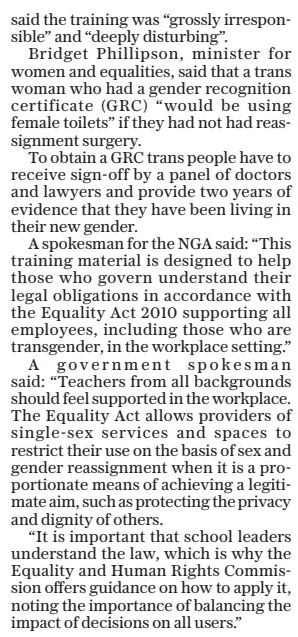
Sunday Total: 2
The Observer [0]
The Sunday Times [1]

Mail on Sunday [0]
Sunday Telegraph [1]
